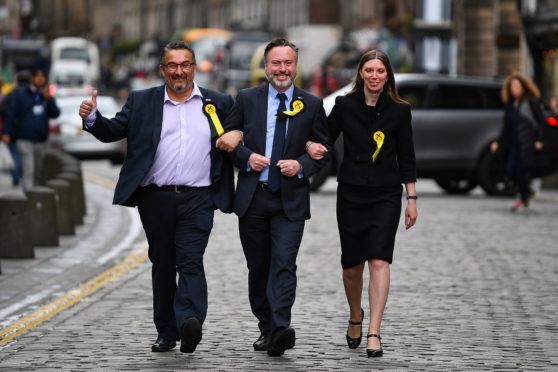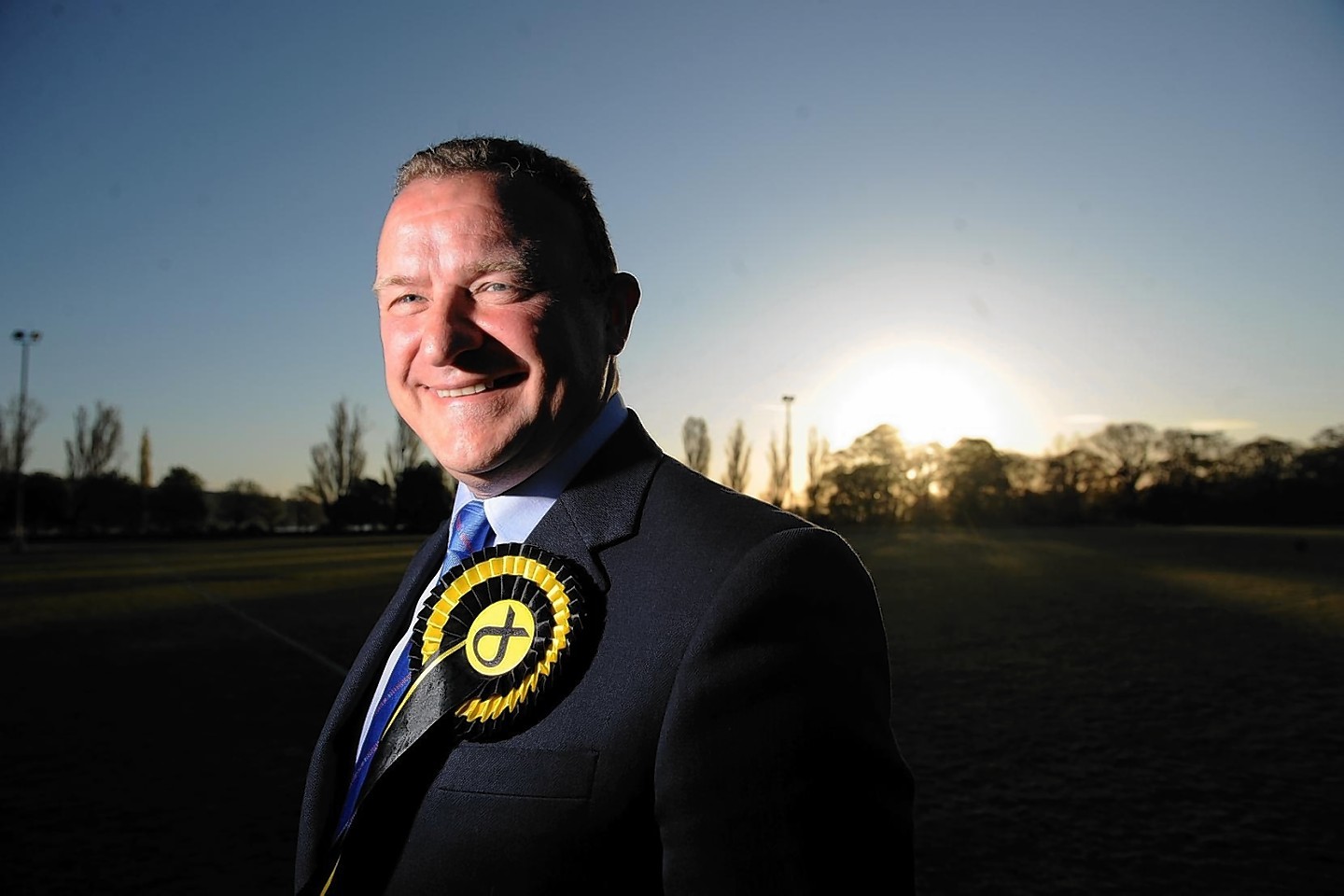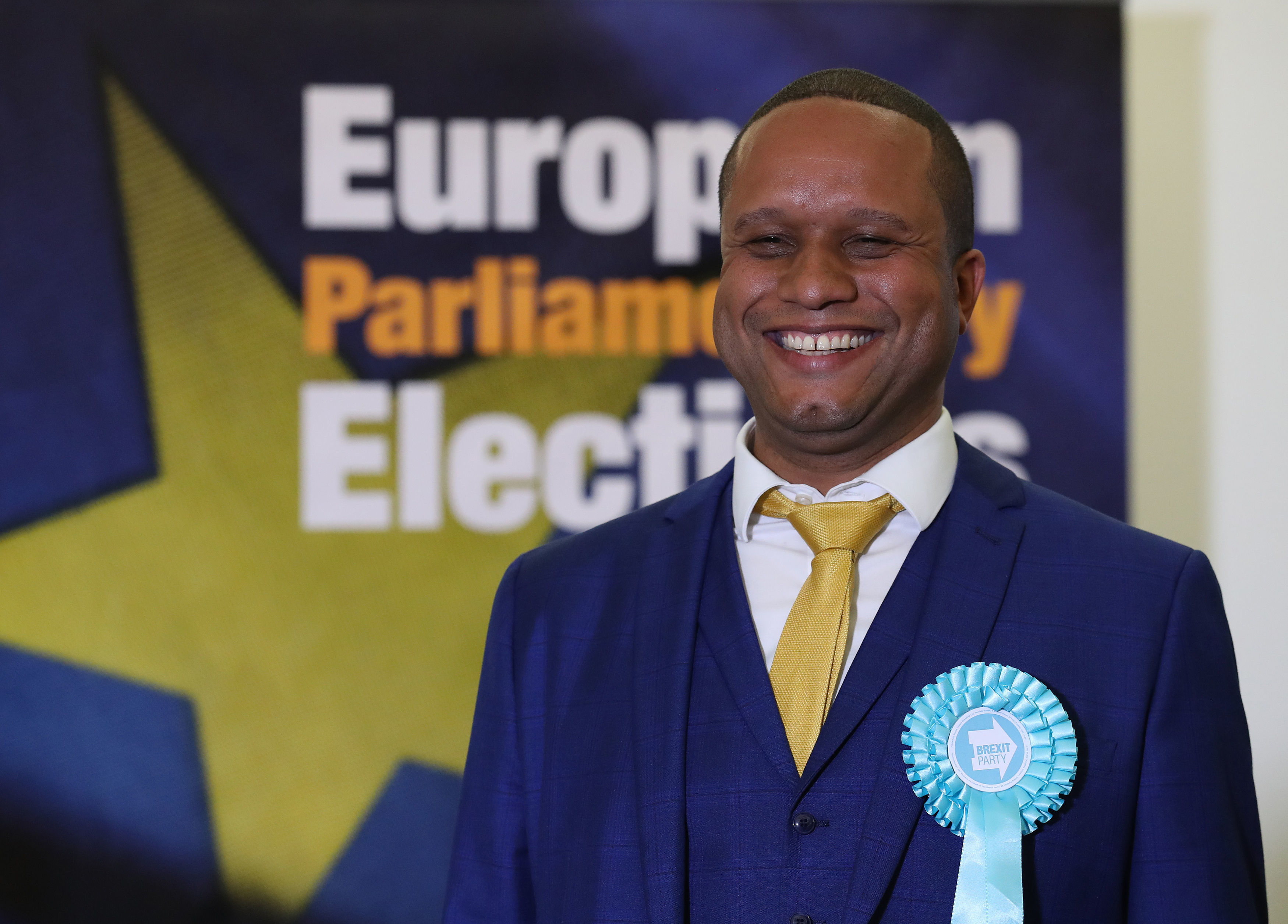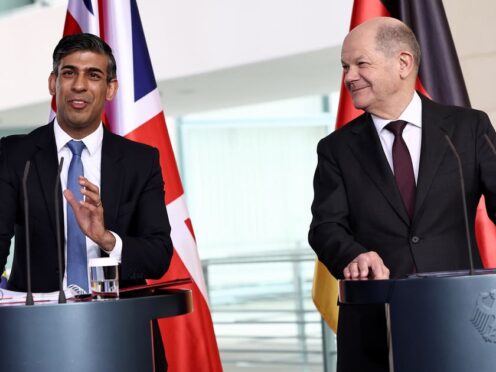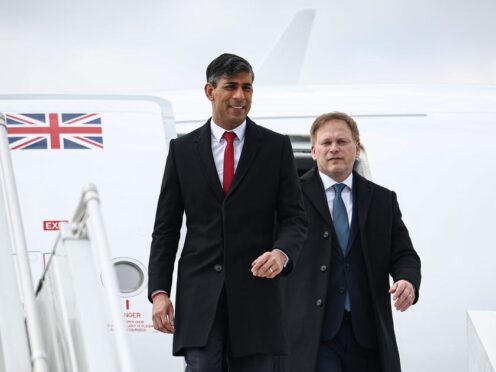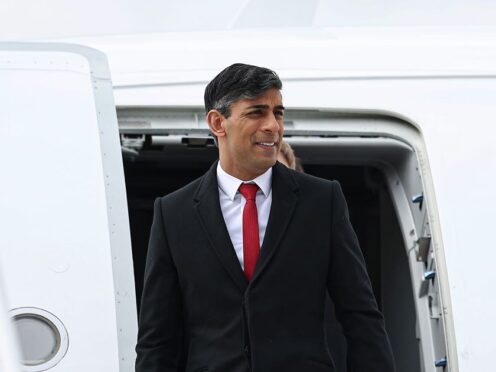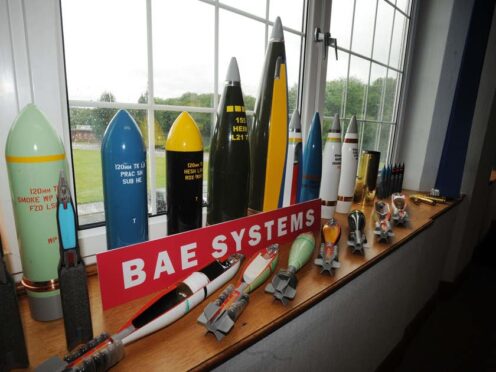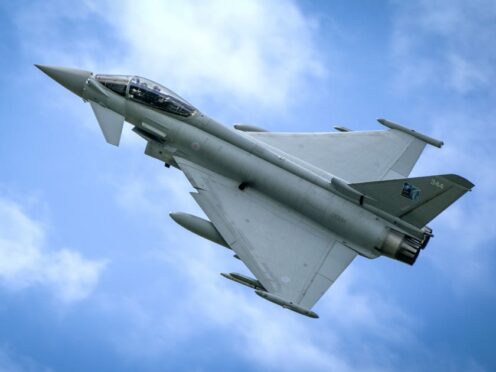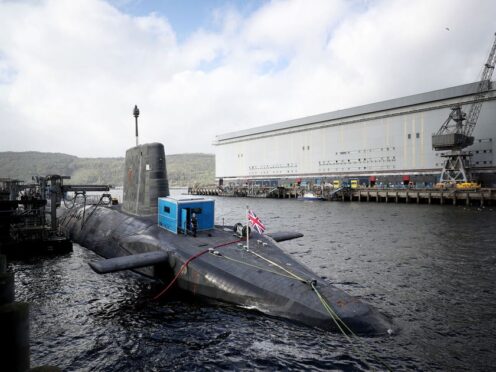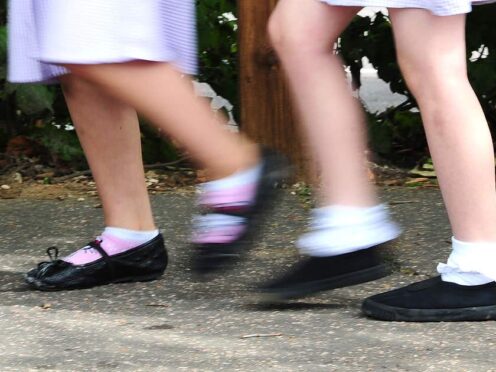A surge in support for the SNP at the European elections has reinforced the mandate for a second independence referendum, according to senior nationalists.
The SNP won the biggest share of the vote in 30 of 32 local authority areas and returned three of the six Scottish MEP seats on a historic night for the party.
Nigel Farage’s Brexit Party, which came second across Scotland, secured one MEP, as did the Conservatives and the Lib Dems.
However, Labour suffered their worst-ever electoral result in Scotland, losing both of their Scottish MEPs and securing less than 10% of the vote.
Inverness SNP MP Drew Hendry said that both the Tories and Labour had been “punished by the voters” for the “Brexit chaos” unfolding at Westminster.
Mr Hendry, speaking to the Press and Journal, also made the case that the results clearly demonstrated that “opinions were shifting and support was growing for Scotland’s independence within Europe.”
SNP Westminster leader Ian Blackford echoed the point and said that Westminster must now “recognise that our party has a mandate for an independence referendum and we need to be able to secure our own future as a European nation”.
But Sir John Curtice, a polling expert, said the results did not necessarily amount to a resounding endorsement for SNP policy.
He told the BBC: “Two years ago, the SNP got 37% in a general election and we were being told how terrible it was, but now that they get 38% we’re being told how marvellous it is.
“Maybe both of those statements were somewhat of an exaggeration. The Conservative Party is more popular in Scotland than any other part of the UK. Who would have thought we could have said that a few years ago?”
Indeed West Aberdeenshire and Kincardine Tory MP Andrew Bowie, while acknowledging it was a “bruising” night for his party, argued that, far from the result showing comprehensive support for independence, it revealed the SNP was still struggling to get upwards of 45% of the vote for the policy.
The Brexit Party’s newly elected Scottish MEP Louis Stedman-Bryce also challenged the SNP claim that Scots wanted to remain in the EU.
He said: “Five weeks ago, the party didn’t exist and we’ve gone from zero to second place in this election, which I think is phenomenal.
“This just demonstrates that there is a strong and valid number of people in Scotland who voted to leave the European Union.”
The observations have barely registered with a jubilant SNP however, with First Minister Nicola Sturgeon saying the result was an “overwhelming rejection of Brexit by the people of Scotland”.
She said: “The message from Scotland is that we will not accept a Brexit process that silences our nation, treats our parliament and government with contempt and fails to represent the interests of people in Scotland.”
After a miserable night for Labour, on which the party lost their longest and the UK’s longest serving MEP David Martin, leader Richard Leonard insisted he had put “everything into the campaign”.
He said he would “continue to put all my efforts into rebuilding the party for the many, not the few”.
A total of 73 MEPs have been elected to represent the UK in Brussels, but they may only be in office for six months with the UK still poised to leave the EU at the end of October.
